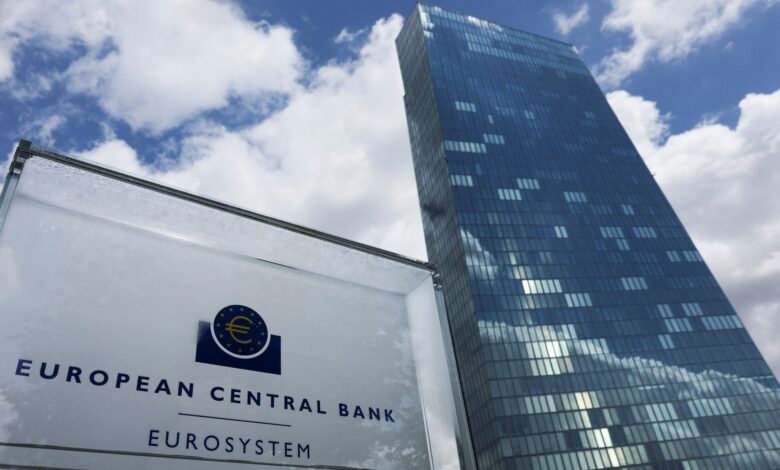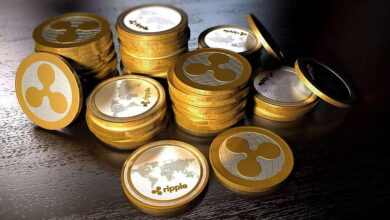
Bitcoin’s Exclusion from EU Central Bank Reserves: An Insight
In a firm declaration, European Central Bank (ECB) President Christine Lagarde has made it clear that Bitcoin will not be part of the reserves in any central bank across the European Union. Her recent remarks highlight Bitcoin’s failure to meet the essential criteria for reserve assets, such as liquidity, security, and stability.
Bitcoin and Reserve Asset Criteria: A Mismatch According to the ECB
Lagarde’s stance against Bitcoin as a potential reserve asset is consistent with the ECB’s traditional skepticism towards cryptocurrencies. She emphasized Bitcoin’s inherent volatility and decentralized nature, which render it unsuitable for central bank reserves. In contrast to assets like gold and government bonds, which are safeguarded by central institutions, Bitcoin is seen as an unreliable asset class amid economic uncertainties.
Response to Proposals and Broader European Sentiment
The ECB President’s comments were a direct response to Czech National Bank Governor Aleš Michl’s suggestion to incorporate Bitcoin into the Czech Republic’s national reserves. Although the Czech Republic is outside the eurozone, its central bank participates in the ECB’s General Council, thereby influencing broader European financial discussions. Lagarde quickly dismissed the proposal, reinforcing the ECB’s cautious approach towards digital currencies.
Global Perspective on Central Banks and Cryptocurrency
Beyond Europe, other major institutions like the US Federal Reserve have also rejected the idea of holding Bitcoin in their reserves. Fed Chair Jerome Powell has stated that the US central bank is legally restricted from including Bitcoin as a reserve asset, underscoring the disconnect between traditional financial systems and cryptocurrencies. Concerns about regulatory uncertainty, price volatility, and limited transactional use contribute to the hesitancy of many lawmakers regarding Bitcoin.
Bitcoin’s Growing Influence in the Financial World
Despite being shunned by central banks, Bitcoin remains a significant player in the global financial landscape. It has gained recognition as a store of value among both institutional and retail investors, with some dubbing it “digital gold.” As the world of finance evolves, Bitcoin continues to spark debates and discussions about its role and potential within the broader economic system.







